Vietnam ripe for expanding investment from abroad
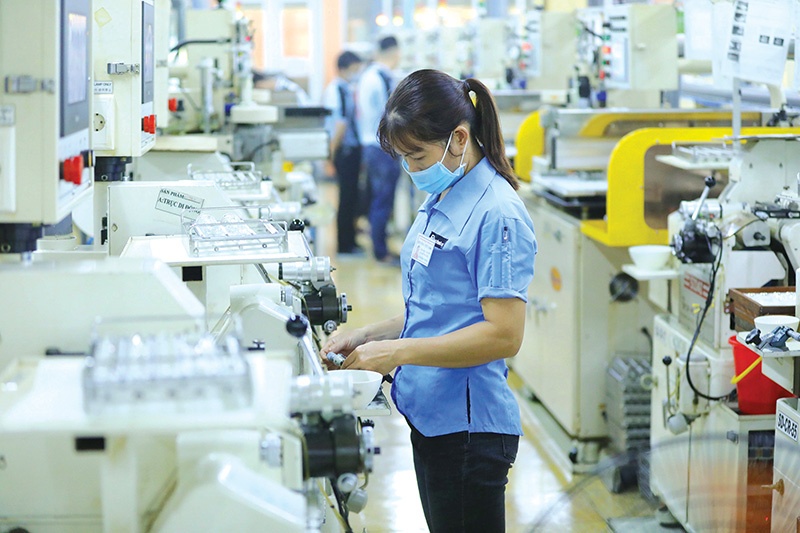 |
| The government is determined to offer the best conditions for supporting industries, high-tech innovation, human resources, and more, photo Le Toan |
South Korean Ambassador to Vietnam Park Noh Wan said that businesses plan to hold an investment, trade, and technology promotion seminar in Ho Chi Minh City in June. Currently, there are 50 South Korean enterprises registered in the city looking for trading opportunities.
This is just one of several events being set up to increase investment and trade in Vietnam this year to mark the 30th anniversary of diplomatic ties with South Korea.
Kim Seok Pil, vice chairman of the Vietnam-Korea Business and Investment Association, said that South Korea’s New Southern Policy is strengthening the importance of Vietnam as a key strategic partner. “It can be said that the achievements in the Vietnam-South Korea relationship reaped after 30 years of development are huge and the field still has a lot of room for further development in the future,” Pil said.
Meanwhile, John Rockhold, president of the Hanoi branch of the American Chamber of Commerce (AmCham), said that its members represent billions of US dollars in foreign investment, and a significant share of Vietnam’s exports and tax revenues. Business started slowly for Americans here, but now, US companies and investors are active in almost every sector of Vietnam’s economy.
“However, there are many reforms that can make it easier to do business here. The most important factor for a favourable investment climate is to ensure a fair, transparent, predictable, and streamlined regulatory environment that values innovation - not only to attract new investment but also to maintain and grow the investment already here,” Rockhold said.
He added that a potential trade agreement between the United States and Vietnam would improve investment and trade flows, assist sustainable supply chains, and improve business conditions that strengthen the private sector, ensure sustainable economic and social development, and promote prosperity.
| PwC survey: Asia-Pacific CEO optimism hits 10-year high Despite an array of shifting headwinds, regional CEOs are more optimistic than they have been for 10 years about the prospects for a stronger economy in the coming year, with 76 of the CEOs predicting the global economy will improve, while only 17 per cent expect worsening conditions. These are the findings from PwC’s 25th Annual Global CEO Survey for Asia-Pacific, which polled 4,446 global CEOs from 89 countries and territories worldwide, including 1,618 from Asia-Pacific between October and November last year. This year’s optimism level is slightly higher than a year ago (73 per cent) and significantly higher than 2020, when almost half (48 per cent) of Asia-Pacific CEOs predicted a declining economy. Optimism is trending upwards in most countries within Asia-Pacific - the most positive being India, Indonesia, Malaysia, and Singapore. Confidence in global economic growth translates to a high degree of optimism for Asia-Pacific CEO’s own businesses: 50 per cent are ‘very confident’ or ‘extremely confident’ in 12-month revenue growth prospects. “The high level of optimism we found speaks to the strength and resilience of the global economy and the ability of CEOs to manage through uncertainty,” said Nguyen Luong Hien, deals strategy partner at PwC Vietnam. “GDP growth is expected to get back to 6-6.5 per cent, which will be driven, in part, by a return of strong foreign direct investment into the market. The Regional Comprehensive Economic Partnership will further boost trade and subsequently post-pandemic economic recovery by forming a stable and long-term export market for Vietnam and other ASEAN countries.” CEOs’ optimism is high for the most part, but they are also well aware of potential threats that could affect their companies over the coming 12 months. In Vietnam, health risks are also concerning CEOs. The emergence of the Omicron variant and possible others bring fresh worry to the business community. Besides that, cyber risks, particularly third-party risks obscured by the complexity of business relationships between companies and their vendor/supplier networks, are posing threats to organisations. According to Dinh Thi Quynh Van, general director of PwC Vietnam, the inaugural Asia-Pacific report highlights more than ever the unique challenges facing senior executives in the region. “Translating economic fundamentals into revenue growth remains the priority. In Vietnam’s pursuit to achieve a socially-inclusive and environmentally-sustainable growth trajectory, our nation will need the involvement from all stakeholders, including the government, businesses and the society,” Van noted. “It’s time for us to build trust among various parties and drive sustainable outcomes for all - underpinning PwC’s very own New Equation strategy.” |
Vietnam remains a charming destination for overseas investors. In 2021, foreign direct investment attraction reached about $31.15 billion, deemed a great success in the context of the pandemic. But the competition to attract such funding is increasingly fierce, especially among countries with similar conditions such as India and Indonesia, according to Nguyen Chi Dung, Minister of Planning and Investment.
At the top of the wish-list for investment, more than two dozen road construction projects are prioritised, and by 2030 Vietnam targets to complete a system of highways connecting economic and political centres, key economic regions, seaports, and international airports. Around 5,000km of highways will be constructed.
Minister Dung added that Vietnam will prepare necessary conditions to attract investment, such as reviewing and supplementing the clean land fund; reviewing electricity planning; training high-quality human resources; supplementing policies to develop supporting industries; and developing new regulations and standards for selecting foreign investors with advanced technology able to withstand external pressures on sustainable development and national security.
| David Salt - CPO and COO LOGIVAN Technologies
Travel restrictions – though an important part of a cautious pandemic response – were the most disruptive for our work. With operations and staff throughout the country, foreign staff members and international investors, free movement is critical. Restrictions slowed down our progress and with the new optimism in 2022, the increase in freedom of movement will be beneficial for LOGIVAN. Our team is excited by the opportunity coming in 2022. The pandemic increased the rate of adoption of digital services and that change is good for technology companies innovating in traditional sectors like ours, in which we provide digital freight brokerage that improves the reliability and price of road freight transportation. Therefore, we will continue investing in mobile technology and data science to better serve our customer requirements through 2022 and beyond. The government should take inspiration from countries that currently have a high Omicron caseload and permit businesses to remain open and travel (domestic and international) to return to pre-pandemic normality. This path will accelerate Vietnam’s economic recovery and protect its position as an attractive destination for foreign investment and for foreign skilled workers to contribute value. Hong Sun - Vice chairman Korea Chamber of Business in Vietnam
The year remains a difficult one for businesses. South Korean groups are boosting cooperation with local and international partners this year. South Korean businesses are planning to invest more in Vietnam. They include huge key projects to create motivation for future development, and to mark the 30-year anniversary of Vietnam-South Korea diplomatic ties. Energy is one of the attractive sectors to South Korean investors. At present, the Power Development Master Plan VIII has not been approved yet. Therefore, South Korean firms are waiting for the government’s approval for some energy projects. They are also interested in industrial park and economic zone projects. However, to be more competitive amid stiffening competition from regional countries and further afield, Vietnam needs to have supporting policies, including tax incentives for certain sectors. Regional peers now have a lot of incentive policies for investors. Especially, Indonesia is a strong competitor for Vietnam’s future in luring exceptional investment from other countries among ASEAN member states. Vietnam should also further improve the business climate, while solving the problems facing foreign-invested enterprises. Federico Vasoli - Managing partner dMTV Global
Despite the tragedies that Vietnam experienced last summer, once again the government’s actions and the people’s resilience allowed the country to reach remarkable vaccination levels. At dMTV we are privileged enough to be able to witness firsthand what happens in very different countries, like Malta and Singapore, in addition to Vietnam. I believe we can be optimistic about the first half of 2022 with regard to Vietnam itself. As long as the Omicron variant, which is severely hitting Europe, does not cause so many contagions that hospitals inevitably get saturated, Vietnam’s resident population should be covered. Many, including myself, hope that procedures to allow foreigners back into Vietnam for business and tourism are rendered easier and smoother, but do not compromise on safety necessarily. With leaner and more pragmatic rules, Vietnam will be able to attract talents and investments that are poised to boost the country’s growth in the years to come. With looming disruptions in logistics and freight forwarding worldwide, setting foot in Vietnam now is a very wise choice for investors from all over the world, as long as the positive business climate and valorisation of talents are preserved. Aleksandrs Parfjonovs - Head of Vietnam operations Grindeks JSC
The pandemic demonstrated the importance of healthcare and the industry as a whole. It does not only show the importance of the pharmaceutical industry and innovative drugs to ensure global safety but also expose the gaps in the global economy, including healthcare services. From 2020, the pharmaceutical industry faced certain difficulties when the supply chain broke, the price of materials and transportation increased, habits changed, and the demand for drugs along with their implementation altered. The Vietnamese government’s strict disease prevention and control regulations, along with people’s restrictions on going to treatment facilities have since caused the pharmaceutical market to stagnate heavily. However, in addition to the negative impacts, the pandemic also opens up great opportunities for businesses, such as ours, in the pharmaceutical industry to restructure operations and supply chains, digitalise processes, strengthen risk management, and prepare for the next period. Grindeks assesses that the growth prospects of the pharmaceutical industry in 2022 will have more positive signals. With the government adding a new economic stimulus package, living safely through the pandemic will help the pharmaceutical industry recover and create growth momentum in 2022. Sami Kteily - Executive chairman PEB Steel
Last year was an unpredictable ride and many lives and business communities were deeply affected not only in Vietnam but also on a global scale. Throughout 2021, PEB Steel was challenged with the task of keeping all six of our factories in Vietnam operational, despite four months of strict lockdown. We are happy to say that we were very successful. We were able to provide food, accommodation, and a safety net for hundreds of our employees working on our premises. Undeterred by the challenges presented, we have continued to expand across Southeast Asia and beyond, all thanks to our dedicated and dynamic teamwork. We are fully invested and looking forward to a rewarding and positive new year. We are expecting further economic recovery thanks to the strategy being implemented by the Vietnamese government. Let’s keep a positive and cheery outlook towards the future, and not let the negative times of the past cloud our progress. We strongly believe that the sky is the limit and are positive that our growth will continue. Olivier Langlet - CEO Central Retail Vietnam
Central Retail fully understands that the government have made critical decisions in terms of preventing and controlling the pandemic, while also supporting businesses and preparing for the post-pandemic recovery phase. Central Retail has been heavily impacted over the past two years. Nevertheless, our people have worked and contributed tirelessly to serve consumers, especially our food stores, which operated under difficult situations during strict social distancing periods, particularly in Ho Chi Minh City. We have accelerated in building our omnichannel platform and a food ordering and delivering the BipBip app that makes it easy and convenient to track shipments, helping local authorities deliver groceries and necessities to people. Central Retail puts strong confidence in the investment environment in Vietnam. Although 2021 featured many challenges, we’ve been constantly developing and expanding our footprint in different provinces in Vietnam with our GO! malls in Thai Nguyen and Ba Ria-Vung Tau province, and most recently in Thai Binh province. We cannot thank our customers enough for always being there with us. Central Retail always puts itself at the centre of consumers’ lives to connect, serve, and bring larger customer experiences through innovative services, thereby contributing to the prosperity of Vietnam and enhancing the quality of life of its people. As a foreign-invested company, we put our trust in Vietnam’s investment environment. Simon Fraser - Executive director Auscham Vietnam
Australian businesses operating in Vietnam across all industries have each been affected in different ways along with other local and international companies. The downturn in demand for goods and services has meant production has slowed along with supply chains and therefore the need for manpower has seen a slow and steady decline to the point of companies closing for extended periods and even some closing for good. However, we have not found the latter to be the case with Australian companies to date through the pandemic. In 2019, Australia and Vietnam embarked on the Enhanced Economic Engagement Strategy (EEES). It sets out a vision for how Australia and Vietnam can work together with the aim of becoming top 10 trading partners and doubling two-way investment. The strategy solidifies the two countries’ shared commitment to trade liberalisation and economic connectivity and will help both countries take advantage of emerging market opportunities and continue economic recovery. It has been encouraging to see the efforts made by the Vietnamese government to address not only the health of the people but also that of the business community and investment environment. AusCham is looking forward to a brighter and stronger future based on Vietnam giving access to current and future investors to enter the country. This is paramount to attracting new business as the best way to grow business in Vietnam is face-to-face meetings and networking. Cetin Murat - General manager Hayat Vietnam
We have accelerated the local supply chain ecosystem from scratch as well as improved the functioning of supply-chain relationships between domestic and regional partners. Also, we are expanding regional markets and the growing network of facilities that support collaboration in a mutual effort to get the right product to the right customer. We came to Vietnam to be permanent and now we are ready to reach our goals. Apart from diapers and wet wipes, we are planning to launch our feminine care brand soon in Vietnam, too. And our other categories will continue to come here in time. We are positioning Vietnam as our production base for the region. With Hayat’s direct foreign investment performance, we will support the Vietnamese economy through employment opportunities, export capacity, and technology transfer. We will proudly export our Vietnamese-made products and increase our dominance in Southeast Asia. Increasing economic recovery belief is necessary for the country at this moment. It is critical that Vietnam keeps a strong focus on creating the best possible conditions for foreign-invested companies as the country reopens. We’re more than proud to have such successful investment into Vietnam during the pandemic, which is also a testament to the fact that conditions are still improving. Vietnam is setting the precedent and Hayat can support the country’s economic recovery by committing our long-term investment to accelerate employment opportunities, export capacity, and technology transfer. |
What the stars mean:
★ Poor ★ ★ Promising ★★★ Good ★★★★ Very good ★★★★★ Exceptional
 Tag:
Tag:
Related Contents
Latest News
More News
- Site clearance work launched for Dung Quat refinery upgrade (February 04, 2026 | 18:06)
- Masan High-Tech Materials reports profit: a view from Nui Phao mine (February 04, 2026 | 16:13)
- Hermes joins Long Thanh cargo terminal development (February 04, 2026 | 15:59)
- SCG enhances production and distribution in Vietnam (February 04, 2026 | 08:00)
- UNIVACCO strengthens Asia expansion with Vietnam facility (February 03, 2026 | 08:00)
- Cai Mep Ha Port project wins approval with $1.95bn investment (February 02, 2026 | 16:17)
- Repositioning Vietnam in Asia’s manufacturing race (February 02, 2026 | 16:00)
- Manufacturing growth remains solid in early 2026 (February 02, 2026 | 15:28)
- Navigating venture capital trends across the continent (February 02, 2026 | 14:00)
- Motivations to achieve high growth (February 02, 2026 | 11:00)


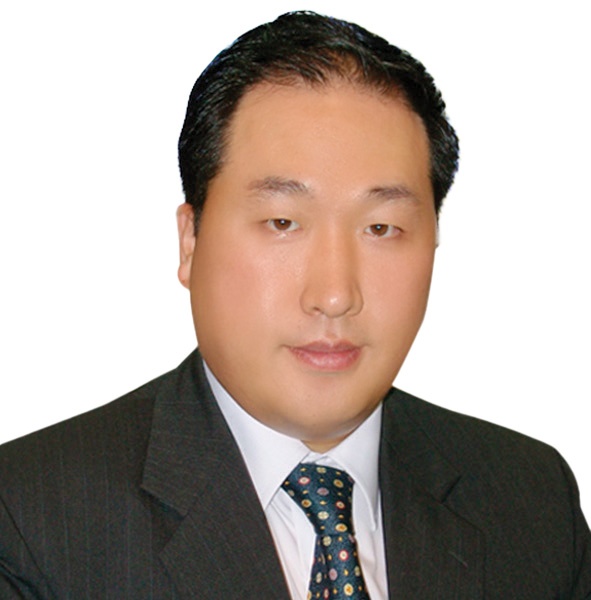
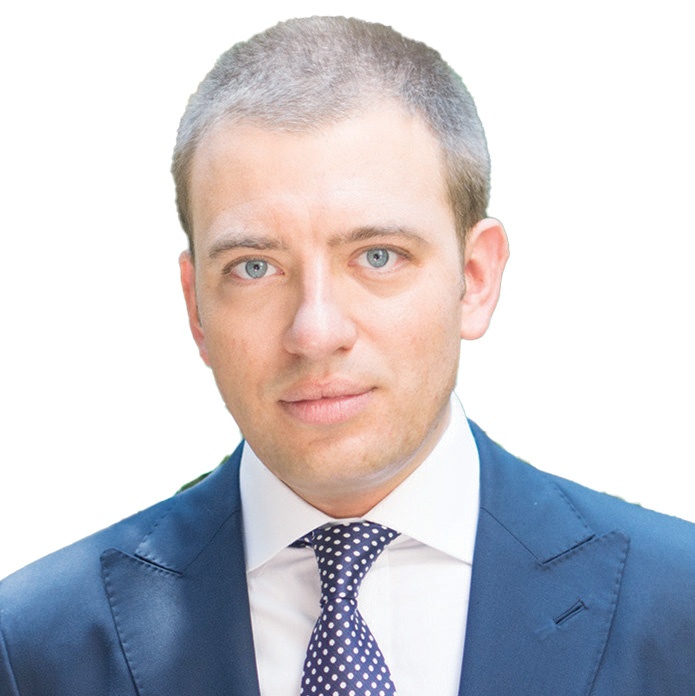

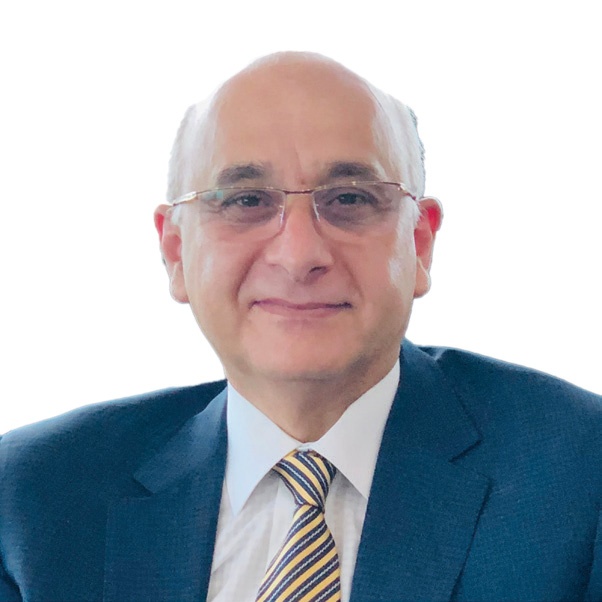
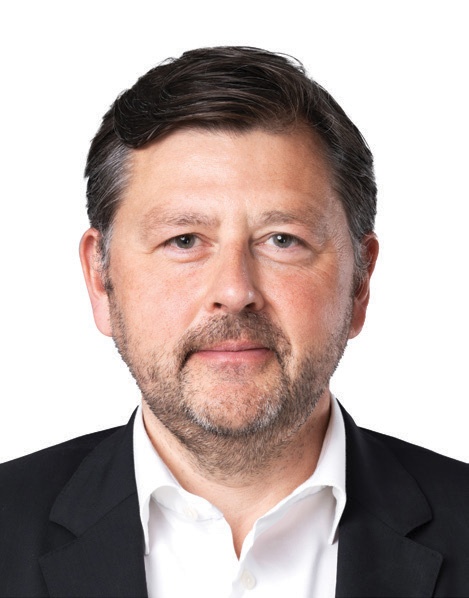
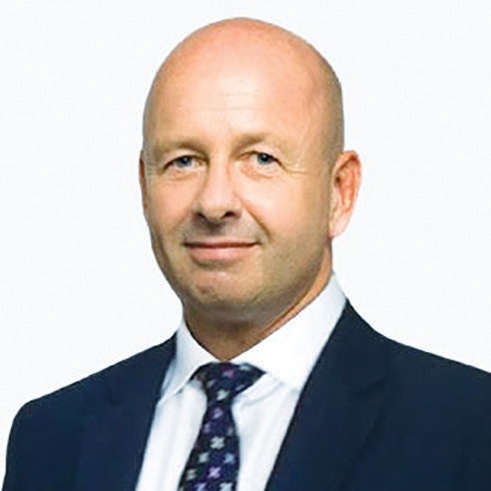
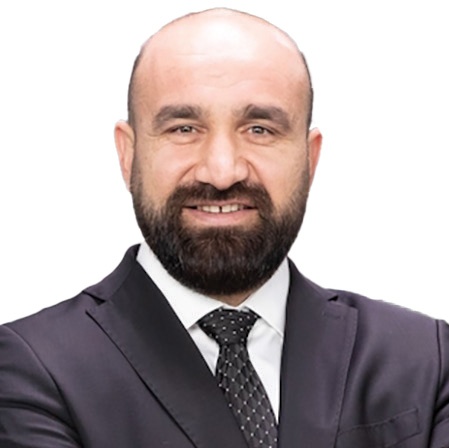




















 Mobile Version
Mobile Version